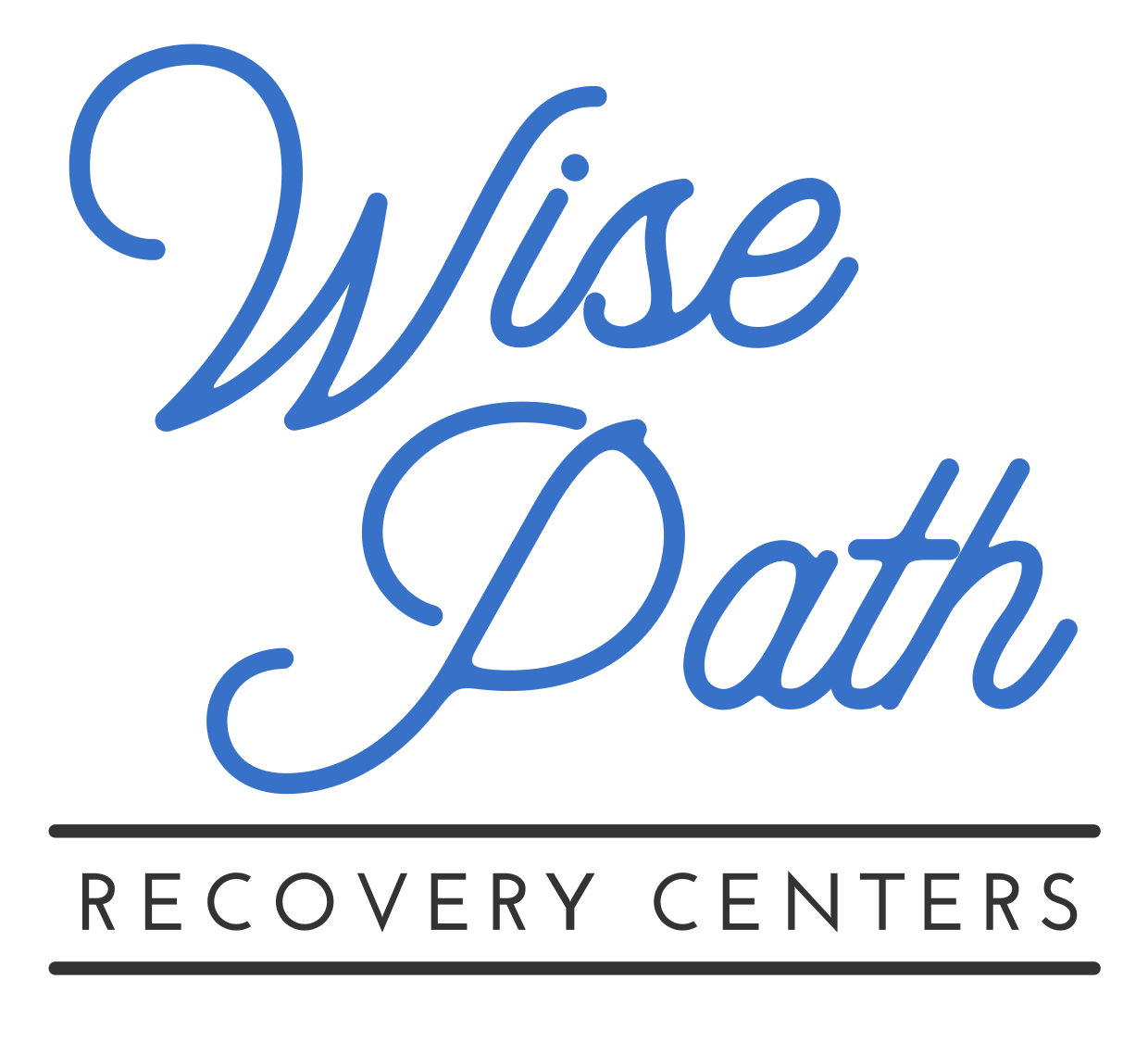Alcoholism does not always look like what people expect. Many adults who are successful, responsible, and high-achieving are also quietly struggling with alcohol. This is often called high-functioning alcoholism, and it can be especially difficult to recognize.
Understanding the signs and impact of high-functioning alcoholism in working adults can help open the door to honest conversations and early intervention.
What Does High-Functioning Alcoholism Really Mean
The term “high-functioning” refers to someone who maintains responsibilities and outward success despite an unhealthy relationship with alcohol. They may be working full-time, raising a family, or involved in their community. On the surface, everything seems fine.
However, underneath the routines and achievements, alcohol may be playing a bigger role than most people realize. Drinking to cope, hiding alcohol use, or feeling unable to stop are all signs that something deeper may be going on.
How Alcohol Use Can Hide Behind Success
Many working adults with high-functioning alcoholism use alcohol to manage stress, social pressure, or emotional pain. Because they are not missing work or causing public problems, the issue often goes unnoticed by friends, coworkers, and even family members.
Common signs include:
- Drinking alone or in secret
- Rationalizing drinking as a reward or stress relief
- Becoming defensive when the topic comes up
- Experiencing memory gaps after drinking
- Feeling anxious or irritable when not drinking

The Emotional Toll That Often Goes Unseen
Even if life looks successful from the outside, the emotional cost of high-functioning alcoholism can be significant. Shame, guilt, and fear of being “found out” can lead to isolation. Over time, alcohol use may become a way to avoid painful emotions rather than deal with them.
This internal struggle is exhausting. The pressure to keep everything looking perfect only adds to the burden.
Why It Can Be Hard to Seek Help
Working adults with high-functioning alcoholism often delay getting help because they do not believe their problem is serious enough. They may compare themselves to others who are more visibly struggling and think, “I am not that bad.”
But waiting for things to get worse is not necessary. Early support can prevent more serious consequences and help people regain clarity and confidence in their lives. If you are starting to question your drinking, that is enough reason to reach out.
Explore the full range of support options available through the conditions we treat in West Virginia and learn how Wise Path Recovery Centers helps adults reclaim control.
Drug & Alcohol Rehab and
Addiction Treatment in West Virginia
Get in touch with our recovery center today at 866-860-9772
Building a New Foundation Without Alcohol
Recovery does not mean giving up everything that makes life feel stable. In fact, the right support can make it easier to reconnect with purpose, manage stress more effectively, and create a routine that feels healthier.
Structured care, such as therapy, outpatient services, or transitional housing, offers a way forward without disrupting everything. In many cases, choosing to take a break from alcohol becomes the first step toward a more fulfilling and peaceful life.
Why Sober Living Can Be a Powerful Step
For those in early recovery, sober living homes offer community, accountability, and stability. They bridge the gap between treatment and independent living while supporting long-term change.
If you are curious about what this looks like, learn more about why stay in a sober living home and how it supports working adults with high-functioning alcoholism.
Drug & Alcohol Rehab and
Addiction Treatment in West Virginia
Get in touch with our recovery center today at 866-860-9772
Get Help That Understands the Whole You
At Wise Path Recovery Centers, we know that success on the outside does not always mean peace on the inside. If you are holding it all together while quietly struggling with alcohol, you do not have to keep going alone.
Our programs are designed to meet people where they are, with care that respects your responsibilities and supports your emotional needs. You deserve a recovery path that fits your life and helps you feel like yourself again.
FAQs About High-Functioning Alcoholism in Working Adults
How can I tell if someone is dealing with high-functioning alcoholism?
Watch for subtle changes like increased secrecy, frequent “unwinding” drinks, irritability when not drinking, or needing alcohol to socialize. Trust your instincts if something feels off.
Can I still work while getting treatment?
Yes. Many of our programs are built to support working adults. Outpatient care, evening sessions, and flexible scheduling are all available to help you balance recovery and work.
Is high-functioning alcoholism less serious than other forms of addiction?
Not at all. While it may be easier to hide, the long-term risks and emotional consequences are just as serious. Getting help early can prevent deeper struggles.
What if I am not ready to stop drinking entirely?
That is okay. You do not have to commit to anything overnight. Reaching out to talk about your relationship with alcohol is a strong and valuable first step.
Do I need to wait for a crisis before I get help?
No. You do not need to hit rock bottom to deserve support. If alcohol is interfering with your peace, relationships, or sense of control, it is worth addressing now.

